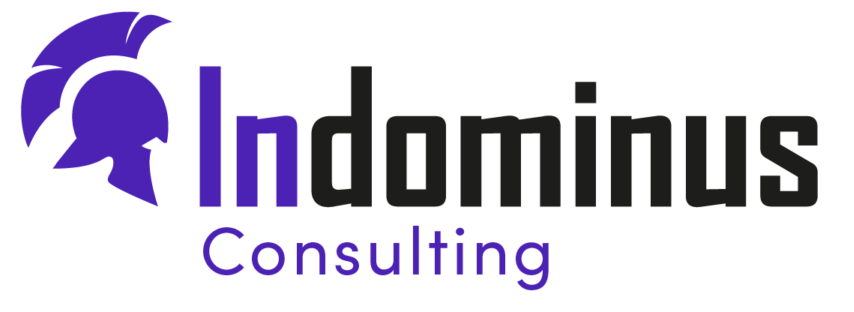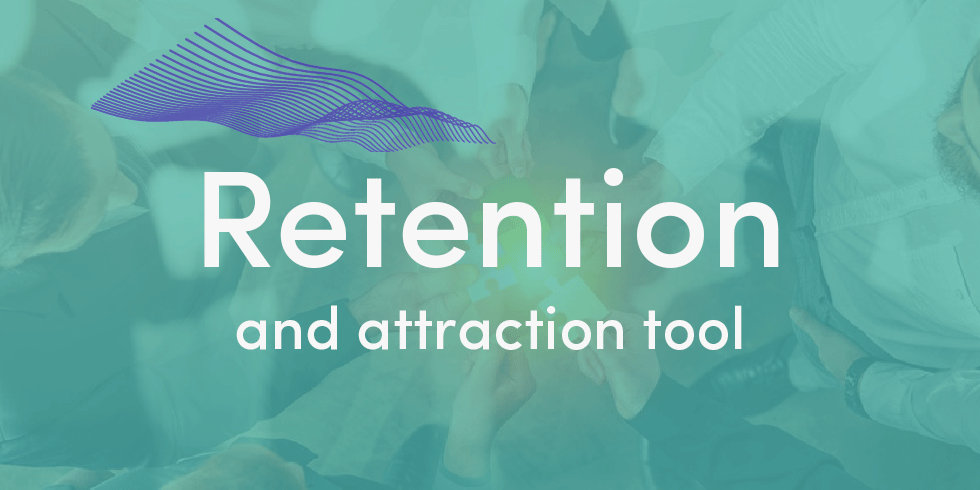When every company is becoming an IT company
We have to be grounded: every company is turning into an IT company within a few years. We can see that even retailers now need extensive systems to maintain inventory, accounting, etc. Yet, the number of candidates is stable. So if great technical resources within your team are not challenged or do not grow, someone else will offer it to them. At an equivalent salary, would you go for the innovation project or maintaining the older environment? If you have a chance to learn new technologies continuously, go deeper into the technologies you know, and become a master, what would be the value of your employee’s resume?
And the other interesting question is would you be willing to earn less money, to work on a more exciting or challenging project?
The implications
Ever considered what working in an older, obsolete environment does to your resume? Do you believe that your IT staff enjoy working on older systems? When is the last time you sat with your technical resources and asked them what was their technical career plan? What is it that they wish they could learn?
All those questions will shed new light on a few darker corners of your company
- How are you ensuring that your employees grow and have a career plan
- What is the state of your IT
- How well do you communicate the evolution of your IT systems to the operation team?
- What do they know
- How well do your change management and training works
From there, you can start to have insights into why a great plan can support your retention.
Transformation planning as a retention and attraction tool
A properly planned transformation project must include change management and a substantial portion of the training to ensure that your teams are up to speed. You must also limit the number of technologies to enable them to delve deeper within each, from apprentice to mastery.
Once this is planned, consider the evolution of the state of mind of your staff :
- « We have projects coming up with these great new technologies, and management has included in those projects all the training to bring us up to speed. We will be included in the deployment of this new stack! Isn’t this great!?! »
- « The planning is already showing that we will reduce the number of technologies and normalize certain aspects of IT; therefore, we will be able to go deeper in each technology, which means that we will be able to master this technology better! »
- « The management gave us the goal, and they are asking us to get implicated and to take ownership of the transformation of this business need; this is such a change from routine! How exciting! »
- « I truly feel like management is trusting us with this and are providing us with the proper support to make it a success; what a privilege.»
- « You should see this new tech we’re deploying; it’s amazing, and it feels like we are ten years ahead of everyone; you should come and join the team! It’s so much fun! »
You can all see the change from the usual, « Nothing is changing much at work, same old, same old .» This type of wave can be generated when altering a deep paradigm, which is one of the most significant contributions of planning those changes from reverse-engineering the future. When tied with creating a program vision, and intents for each project, it can make a world of difference.
I can hear the objection from here
I can already hear it, “What if we train them and they leave,” then it becomes a retention issue. Your employees will not leave you if they have visibility on what’s coming, on what’s next; they will be looking to go if they are stressed, bored or feel worthless due to their hopelessness to change things.
Would you rather have cynical staff who don’t believe they can change things or retain a talent that contributes and makes a difference?
The key to unlocking retention
Empower your employees to take ownership in transforming your IT, and they will not only be happy to stay, but they will also tell their friends what a fantastic place this is to work in!
The second point is truly about helping them grow. As soon as you start supporting your employees in their goals and passion, you are simply fueling the fire.
And this can only be good. For your team, for your project and your organization.
Conclusion
I recommend that each company looking at a transformation or modernization program take a hard look at their culture and training mindset.
Some changes are often required to create an environment that retains and attracts talents, and there needs to be clear visibility of what you are building and a roadmap that everyone feels they can achieve.
The good news is that both can be achieved hand in hand, bringing in newer approaches and train your staff to adopt them, making them happier.

